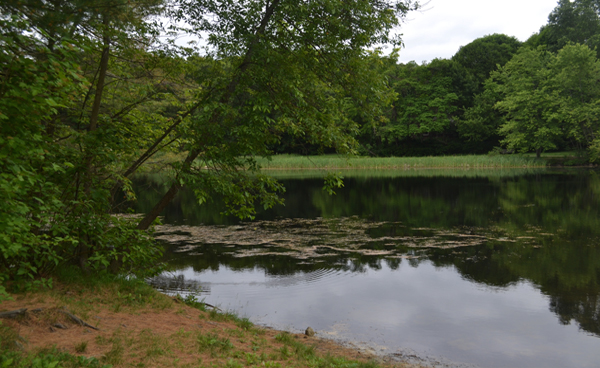Freshwater ecosystems
Freshwater ecosystems, (lakes, man-made reservoirs or wetlands, rivers and creeks and groundwater) have suffered more from human actions than marine ecosystems.

“Between 1970 and 2000, populations of freshwater species included in the Living Planet Index declined on average by 50%, compared to 30% for marine and also for terrestrial species (Millennium Ecosystem Assessment, 2005).” But there is more trouble — climate change affecting water temperature, streamflow, freshwater levels and timing of inundation has also contributed to more loss of freshwater ecosystems.
Energy Production
Water is vital in many energy installations. From Fracking to Hydroelectric power and thermal power productions, large amounts of water are in needed to make it happen. Changes in annual streamflow (floods and droughts), sediments influx, temperatures and availability of water to produce energy is an issue. It is concerning to think that even slight temperature changes can affect the efficiency of a thermal plant. Did you realize that? “Warmer cooling water was computed to lower thermal power plant efficiency and thus electricity production by 1.5-3% in European countries by the 2080s under emissions scenario A1b (Golombek et al., 2012).”
Water for Agriculture
Think of the effects of an imbalance between atmospheric moisture and soil water supply. Crops will surely feel the effect, whether they are irrigated farms or natural rainfed farming systems. Changes in climate (precipitation, radiation and temperature) will mean a higher demand for irrigation systems. “However, there is high confidence that irrigation demand will increase significantly in many areas (by more than 40% across Europe, the USA and parts of Asia).” Other parts with excessive rains will feel the opposite, as too many rains are no good news either.
The effects of climate change have some real concerns. Maybe we can hold fire on the politics of it and look at the scientific evidence of it.
